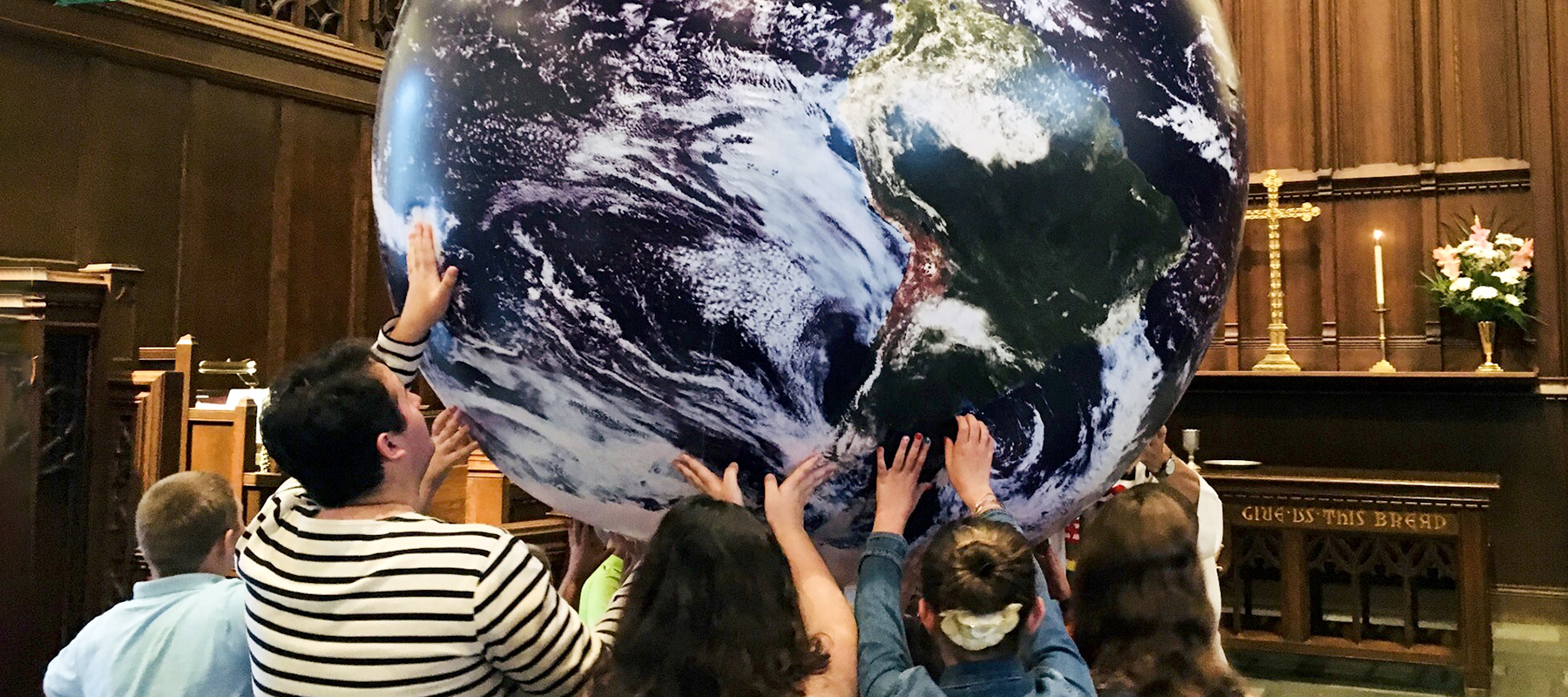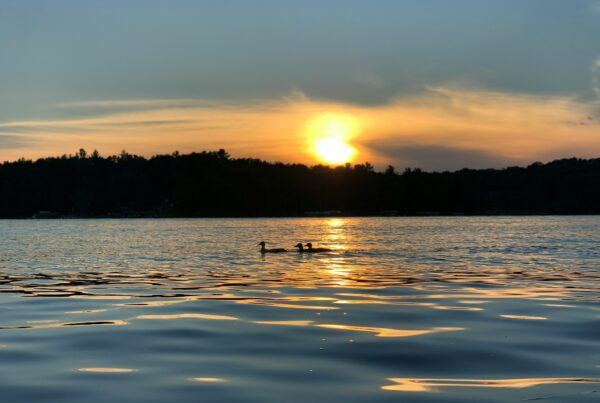M ore than 400 years ago, Sir Francis Bacon, one of the fathers of modern science, wrote: “God has, in fact, written two books, not just one. Of course, we are all familiar with the first book he wrote, namely Scripture. But he has written a second book called creation.”
I don’t know if Bacon ever read the Belgic Confession, but that document, one of the historic Reformed confessions, written in the year of his birth, also speaks of God’s two books, the book of Scripture and the book of creation, in which “the universe is before our eyes like a beautiful book in which all creatures, great and small, are as letters to make us ponder the invisible things of God: God’s eternal power and divinity” (Belgic Confession, Article 2). We read with a book in each hand, as it were, paying prayerful attention to the words of Scripture as well as to the world around us, learning from both the theologian and the scientist as we rejoice in and care for “this fragile earth, our island home,” as the Book of Common Prayer puts it.
Six years ago, First Church in Albany began observing the Season of Creation, four weeks of the church year that focus on celebrating the mysteries and wonders of God’s creation.
As part of the call to worship on River Sunday, members of the congregation came forward with small samples of water they had gathered from various rivers during their summer travels. As each person poured his or her river water into the baptismal font, he or she announced, “For the waters of the Hudson,” “For the waters of the Mohawk,” or “For the waters of the Yellowstone,” and the congregation responded, “Thanks be to God!”
On Ocean Sunday, we listened to a recording of songs of the humpback whale during the offertory and then joined in singing, “Praise God all creatures here below!”
Other congregations in the area have also been incorporating a Season of Creation into their worship schedules. On Planet Sunday, the children of First Reformed Church in Schenectady carried a large inflatable globe into the sanctuary as the congregation sang “The Earth Is Yours.”
Such worship reminds us that we not only give thanks to God for the gifts of creation but that we celebrate with creation—with the forests, the rivers, and the fields who praise their creator in their own way. John Calvin wrote that “all creatures, from the firmament even to the center of the earth, could be witnesses and messengers of [God’s] glory … For the little singing birds sang of God, the animals acclaimed him, the elements feared, and the mountains resounded with him, the rivers and springs threw glances toward him, the grasses and the flowers smiled.”
But if creation sings, it also groans. The climate crisis, species extinction, and the gyres of plastic pollution swirling in the oceans are cries of anguish from a creation longing for its redemption. God has placed us on this garden planet to tend it and keep it. How can we respond to creation’s cries for help?
To do this, First Reformed Church of Schenectady adopted a resolution making care of creation a central priority in the congregation. Fowler Camp and Retreat Center significantly reduced its carbon footprint by installing solar panels, switching to LED lighting, and providing incentives for adopting more creation-sensitive habits. The Classis of Schenectady has challenged its congregations to calculate their annual carbon emissions and examine ways to reduce fossil fuel consumption. Several members of Albany Synod joined with Christians across New York State in an “Ecumenical Advocacy Day,” meeting with lawmakers at the state capital and urging them to craft legislation to help us move toward a fossil fuel–free future. Recently, the synod hosted a preaching workshop for pastors in the area. Leah Schade, author of Creation-Crisis Preaching, challenged us to include the “voice” of the suffering creation in our sermons.
Will these small actions make any difference in the face of such complex and overwhelming threats to God’s creation? There are no guarantees that we will be successful or even effective, but we act out of love—love for God our creator, and love for “the least of these,” including our fellow creatures. And we act in faith. Lutheran theologian Sally McFague refers to our “hope against hope that our efforts on behalf of our planet are not ours alone but that the source and power of life in the universe is working in and through us for the well-being of all creation, including our tiny part in it.”
Learn more about the Season of Creation at www.letallcreationpraise.org/season-of-creation.
John Paarlberg
John Paarlberg is a retired minister in the Reformed Church in America. He lives in Loudinville, New York.



